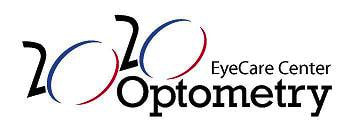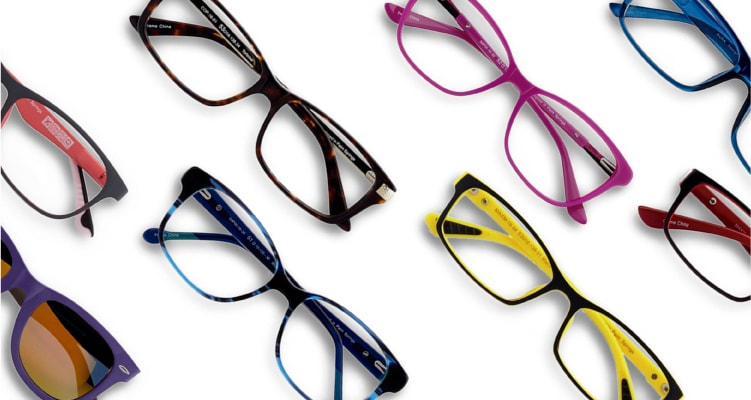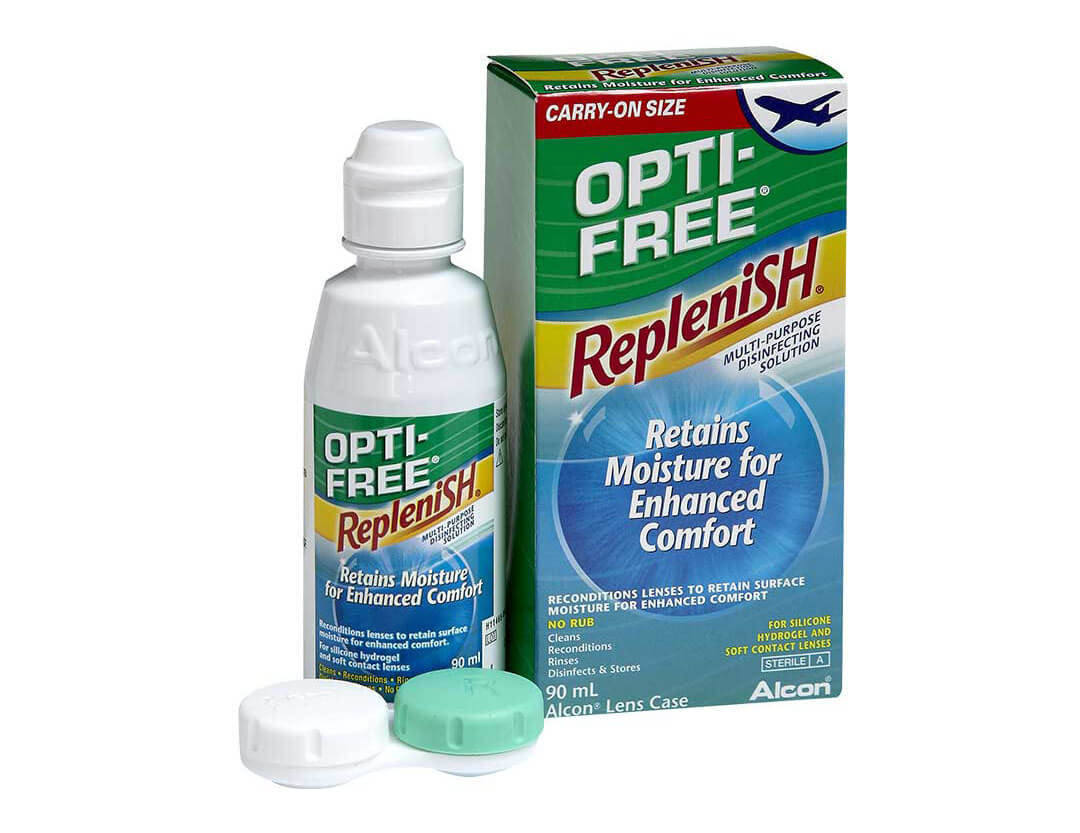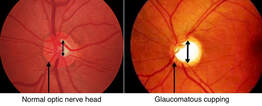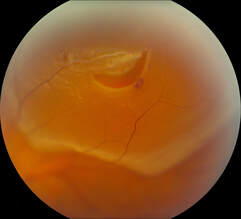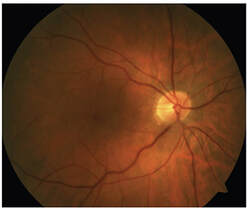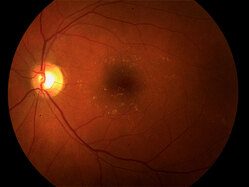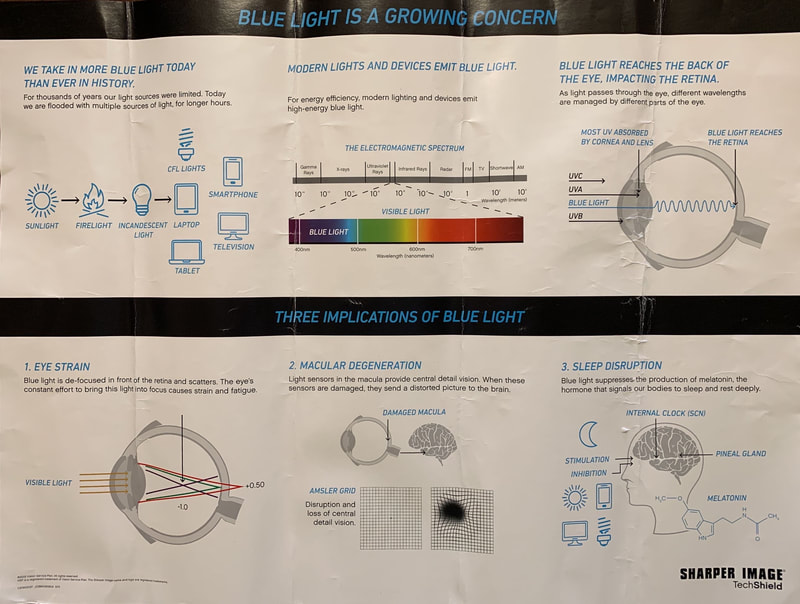~~~~~~~~~~~~~~~~~~~~~~~~~~~~~
|
Susan Chen, O.D. Lulu Kim, O.D. 2530 Bryan Avenue, Suite #D Tustin, CA 92782-8916 |
Office Hours
Monday: 10am - 6:30pm Tuesday: 10am - 6:30pm Wednesday: 10am - 6:30pm Thursday: 10am - 6:30pm Friday: 10am - 6:30pm Saturday: 10am - 4:30pm Sunday: Closed |
Contact us 714-838-2020 |
